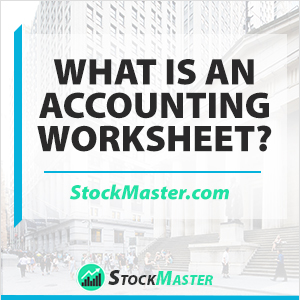What is Book Value? Definition: Book value of equity is a financial metric that refers to the amount that investors receive when all liabilities are subtracted from company assets. The metric tries to outline the minimum amount that a business is worth. Likewise, book value indicates the amount that investors and creditors would receive upon
Category: Accounting
Bond Indenture
What is a Bond Indenture? Definition: Bond Indenture refers to an agreement associated with bond issuance. Likewise, it is a legal document between a bondholder and the bond issuer. The contract details and records the obligations of the person or firm issuing the bond as well as the benefits owed to the bondholder. The capital
Average Variable Cost
What is Average Variable Cost? Definition: The average variable cost is simply a cost associated with the number of goods or services produced. The cost varies depending on the production volume. Similarly, whenever the production volume goes up, the average variable cost would also edge higher. Likewise, whenever production volume drops, the total average variable
Allocative Efficiency
What is Allocative Efficiency? Definition: Allocative efficiency is simply the production of a good or service demanded by customers at a price that is beneficial to both parties. Likewise, it’s a attribute of an productive market where capital is allocated efficiently in the production and distribution of goods and services. To achieve optimal distribution, a
Accounting Worksheet
What is an Accounting Worksheet? Definition: An accounting worksheet is a spreadsheet tool used to record all accounting information used in the preparation of financial statements. Accounting worksheets are designed to ensure financial statements prepared by a business are accurate and devoid of any errors. Public companies must prepare financial statements to show how they
2 10 Net 30
What is 2/10 N 30? Definition: 2/10 Net 30, sometimes called 2-10 N30, is a trade credit whereby a business promises a 2% discount, on a client making payment within the first ten days of purchase. Failure to make payment within 10 days, then a customer will have to contend with full payment within 30
Ability to Pay Principle
What is the Ability to Pay Principle? Definition: Ability to Pay principle is one of the taxation theories that propose that taxes need to be paid according to how much one earns. This method of taxation seeks to tax those who earn high incomes higher rates compared to low-income earners. Ability to pay taxes It







